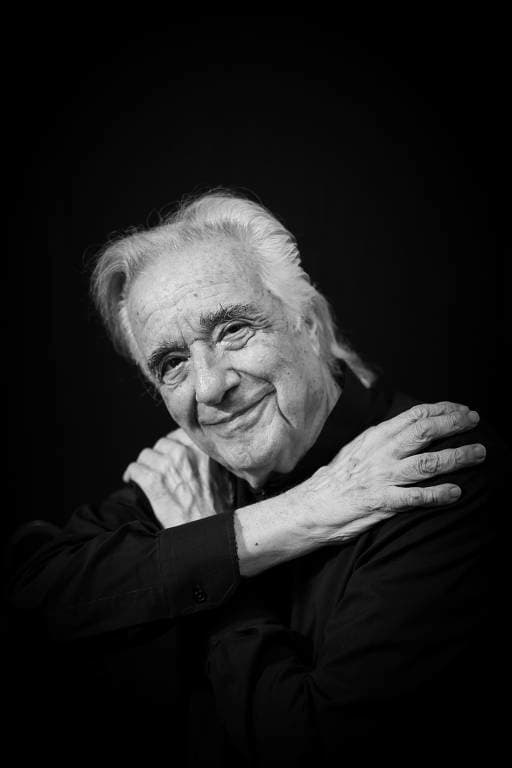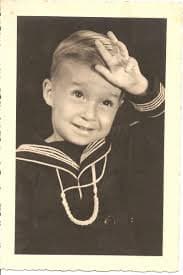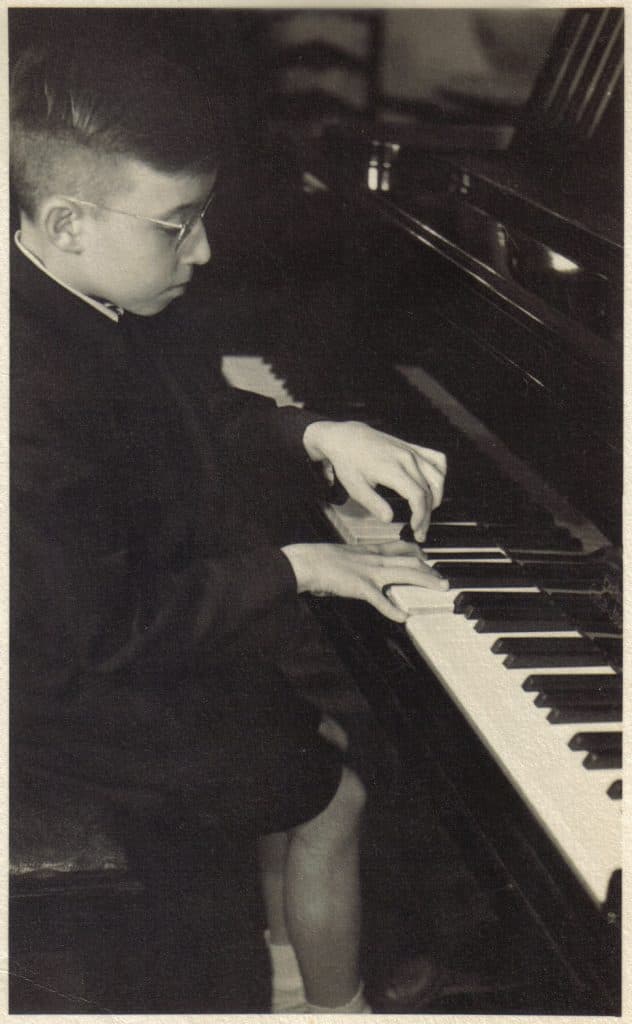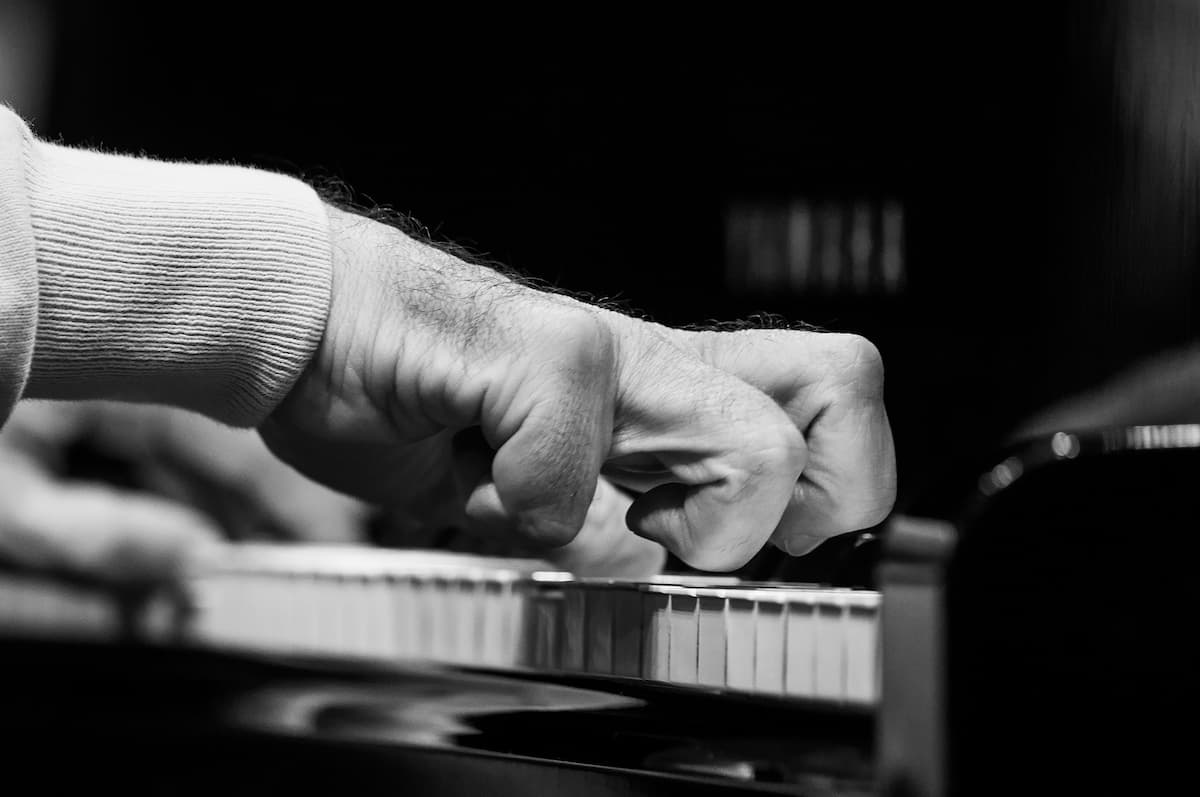Brazilian pianist João Carlos Martins’ life is a tale of success and personal tragedy, of traumatic injuries and triumphant comebacks. It is a story of greatness, of 24 surgeries and resignation, but also a story with a Hollywood ending. In 2019, Martins was able to place all 10 fingers on the keyboard for the first time in over two decades with the aid of bionic gloves. The hands slip into a neoprene sleeve outfitted with a 3D-printed frame and stainless steel bars on the fingers—when weight bears down on a suspension mechanism, it springs back up.
João Carlos Martins Plays again after 20 years
São Paolo

João Carlos Martins
João Carlos Martins was “born to do great things with the piano,” wrote the Washington Post. He was born on 25 June 1940 in São Paolo, Brazil, and it was immediately clear that he was an astonishing musical prodigy. He began formal studies with José Kliass at the age of eight and won a competition sponsored by the Bach Society of Brazil one year later. When legendary Alfred Cortot heard him play for the first time, he proclaimed, “With this kind of tone, with the ability of his fingers, he could become very important for the history of piano playing.”
Even Martins’ early years were marked by illness. At the age of five Martins had a tumour removed from his neck, and to hide the dripping wound behind a huge plastic collar, the boy went into hiding. He refused to go to school or play with his friends, so his father bought him a piano to take his thoughts off his illness. It clearly worked, as the boy practiced up to eight hours every day and found refuge from pain and suffering in music.
J.S. Bach: Concerto in G minor, BWV 1058 (Joao Carlos Martins, piano; Sofia Soloists Chamber Orchestra; Plamen Djurov, cond.)
Piano Mania

The young João Carlos Martins
According to Martins, “playing the piano, when I was a kid, I’d say was easy. I also learned that I should probably not say that, because a lot of people perhaps find it quite difficult.” His mother became his strongest emotional support, and Martins recalled that “I felt I could fly, I could do anything.” Very soon the phrase “nothing is impossible” became the motto of his life, and he basically succeeded in everything.
Brazil in the 1950s, was caught up in a kind of piano mania with countless festivals and competitions constantly looking for new talent. Martins won all competitions and made his professional debut at Teresopolis in 1954, followed by concerts in various Brazilian cities. At the age of 18, Martins is among the first Latin Americans to be invited to participate in the prestigious Casals Music Festival in Puerto Rico.
Saint-Saëns: 6 Etudes for the left hand, Op. 135 (Joao Carlos Martins, piano)
Carnegie Hall

João Carlos Martins at 8 years old
In 1960 Martins made his American debut at Carnegie Hall in New York, with newspapers proclaiming, “A new star is born in the international piano scene.” Martins quickly garnered engagements with major US orchestras and he plays solo recitals in Europe. At the age of 20, he performed and recorded all 48 Preludes and Fugues from J.S. Bach’s Well-Tempered Clavier Critic praised the “clearest, most articulated and vital keyboard playing you have ever heard, and attested to his “passionate subjectivity.”
As Martins explains, “I come from the South, my Bach is like a bustling crowd of people, he is full of warmth, joy and virtuosity.” Martins is soon considered one of the greatest and most respected interpreters of Bach, but he also polarizes. His playing is less about historical fidelity and more about romance and feeling. A critic calls his Bach “crude and indefensible,”
but it is clear that his performances are “rooted in his own personal experience and taste.”
J.S. Bach: Goldberg Variations, BWV 988 (Joao Carlos Martins, piano)
Banking

João Carlos Martins’s hands
At the height of his successes, Martins started to endure a string of injuries that intermittently brought his musical career to a halt. Martins rapidly changed direction and became a stockbroker’s apprentice in a bank in São Paulo. He dabbled in the Brazilian stock market and made lots of money. In 1981, Martins was appointed to the post of the Brazilian state secretary of the Department of Tourism.
He even enters show business by promoting boxing matches and rock concerts, eventually bringing Alice Cooper to Brazil. But his emptiness grows, and he freely admits, “My next steps would have been the Mafia.”
Martins returns to the stage, but in a brutal robbery, his right arm is severely damaged. Yet, he returns to the piano again exploring left-hand repertoires, but is eventually unable to play the piano at all. After two decades, the former concert pianist, thanks to a pair of bionic gloves, was finally able to play again. A poignant documentary about Martins was produced by Irene Langemann in 2004 under the title “Martins’ Passion,” and the director suggests that “Martins’ greatest work of art might be his life itself.”
For more of the best in classical music, sign up for our E-Newsletter
